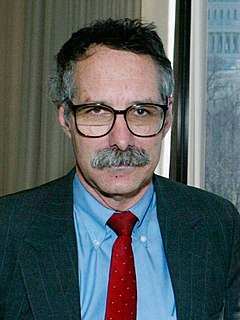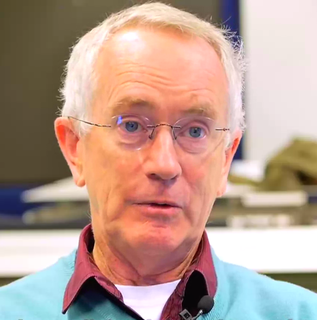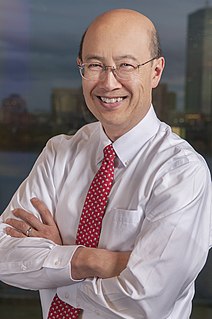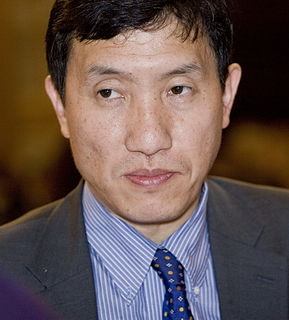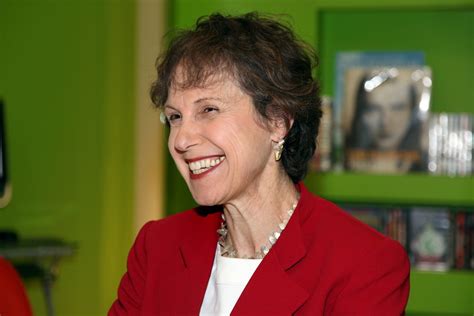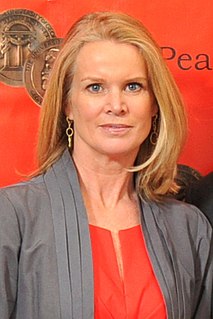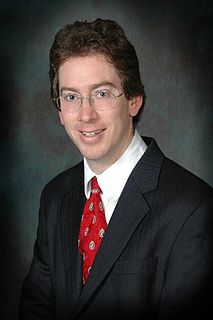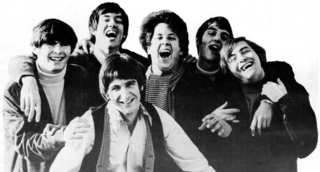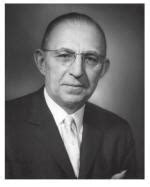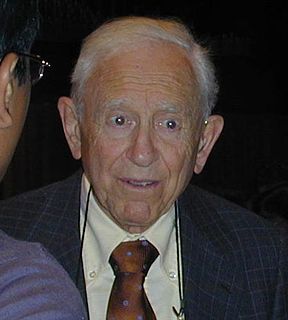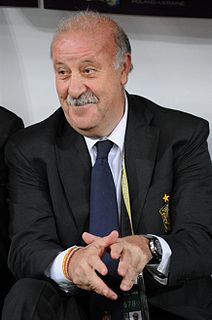Top 473 Economists Quotes & Sayings
Explore popular Economists quotes.
Last updated on April 14, 2025.
Probably the only people left who think that economics deserves a Nobel Prize are economists. It confirms their conceit that they're doing 'science' rather than the less tidy task of observing the world and trying to make sense of it. This, after all, is done by mere historians, political scientists, anthropologists, sociologists, and (heaven forbid) even journalists. Economists are loath to admit that they belong in such raffish company.
Economists operate with this image of the homo economicus, the rational economic agent, and while such agents are rare in the wider world, they are common in economics departments. Exemplifying the homo economicus paradigm, economists typically choose their research projects and hypotheses so as to promote their own careers, to maximize their lifetime income. This explains the astonishing pressures toward conformity in academic economics: how deviant views (except those by a few who have already achieved stardom) get crushed by an army of conformists.
We economists, in our classes, teach students that to some degree, price discrimination is actually a good thing; that it allows you to serve lower-income people. Take Africa, with AIDS. They could never finance what an AIDS cocktail costs here, over $10,000 a year. But if you sold it to them for $300 a year, which just barely covers cost, they could probably serve quite a few of their citizens, with World Bank help. We economists say that will be beneficial. But it's a two-tier system; yes, African people pay less than we would pay.
In the 2013 Economists Program, we hired 51 percent women, 49 percent men. And the reason for that is that we have a draft from all over the world, and we've hired, for instance, in that group, a good number of Chinese economists - highly qualified, all Ph.D.s from the best universities of the world. And guess what? They're all women.
It affects every aspect of our lives, is often said to be the root of all evil, and the analysis of the world that it makes possible - what we call 'the economy' - is so important to us that economists have become the high priests of our society. Yet, oddly, there is absolutely no consensus among economists about what money really is.
It is often sadly remarked that the bad economists present their errors to the public better than the good economists present their truths. It is often complained that demagogues can be more plausible in putting forward economic nonsense from the platform than the honest men who try to show what is wrong with it.
There is a small minority of well-educated people with relatively sensible views on economics, and an extremely tiny minority of economists with highly sensible views. Then there's everybody else. ... To win, a politician needs to please the median voter. It makes little difference if a few thousand economists think you a fool.
Until the Great Depression, most economists clung to a vision of capitalism as a perfect or nearly perfect system. That vision wasn’t sustainable in the face of mass unemployment, but as memories of the Depression faded, economists fell back in love with the old, idealized vision of an economy in which rational individuals interact in perfect markets.
Physicists only talk to physicists, economists to economists-worse still, nuclear physicists only talk to nuclear physicists and econometricians to econometricians. One wonders sometimes if science will not grind to a stop in an assemblage of walled-in hermits, each mumbling to himself words in a private language that only he can understand.
I cannot disagree with you that having something like 500 economists is extremely unhealthy. As you say, it is not conducive to independent, objective research. You and I know there has been censorship of the material published. Equally important, the location of the economists in the Federal Reserve has had a significant influence on the kind of research they do, biasing that research toward noncontroversial technical papers on method as opposed to substantive papers on policy and results
Mathematical economics is old enough to be respectable, but not all economists respect it. It has powerful supporters and impressive testimonials, yet many capable economists deny that mathematics, except as a shorthand or expository device, can be applied to economic reasoning. There have even been rumors that mathematics is used in economics (and in other social sciences) either for the deliberate purpose of mystification or to confer dignity upon common places as French was once used in diplomatic communications.
One the one hand, our economists treat human beings as rational actors making choices to maximize their own economic benefit. On the other hand, the same companies that hire those economists also pay for advertising campaigns that use the raw materials of myth and magic to encourage people to act against their own best interests, whether it's a matter of buying overpriced fizzy sugar water or the much more serious matter of continuing to support the unthinking pursuit of business as usual in the teeth of approaching disaster.
Economics, over the years, has become more and more abstract and divorced from events in the real world. Economists, by and large, do not study the workings of the actual economic system. They theorize about it. As Ely Devons, an English economist, once said in a meeting: 'If economists wanted to study the horse, they wouldn't go around and look at horses. They'd sit in their studies and say to themselves, `What would I do if I were a horse?' '
I write with two things in mind. I want to be right with my fellow economists. After all, I've made my life as a professional economist, so I'm careful that my economics is as it should be. But I have long felt that there's no economic proposition that can't be stated in clear, accessible language. So I try to be right with my fellow economists, but I try to have an audience of any interested, intelligent person.

